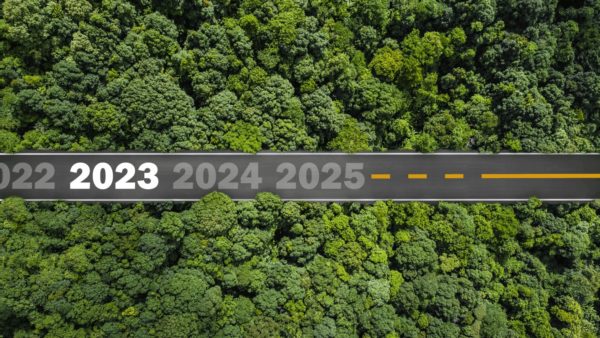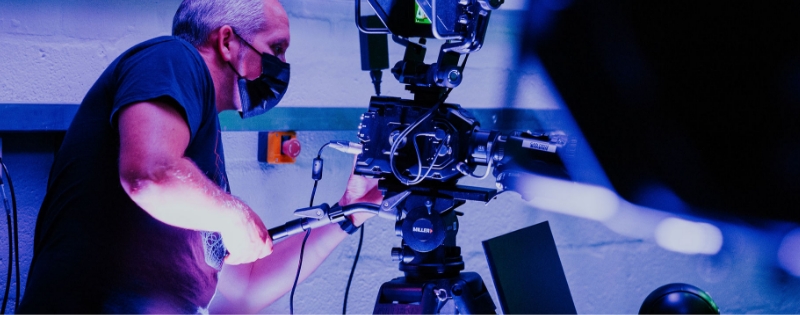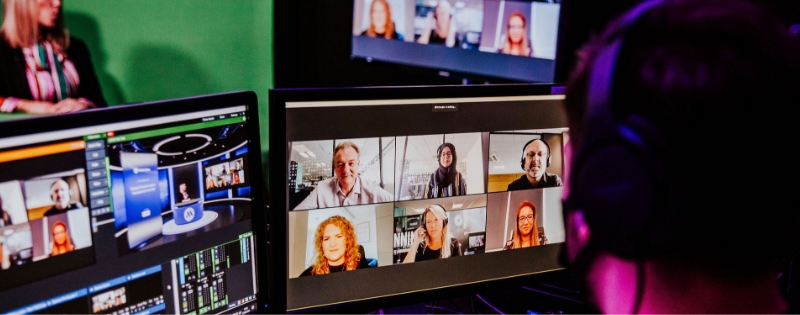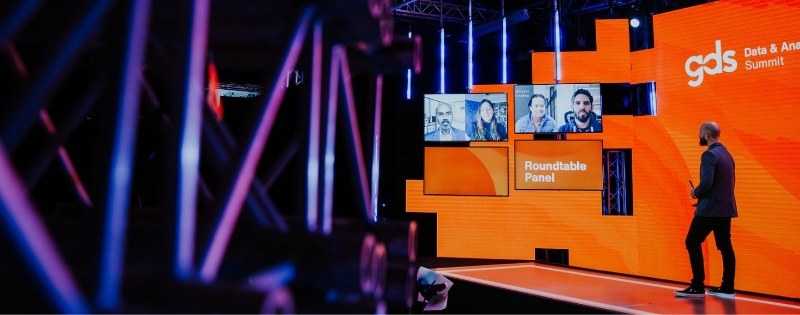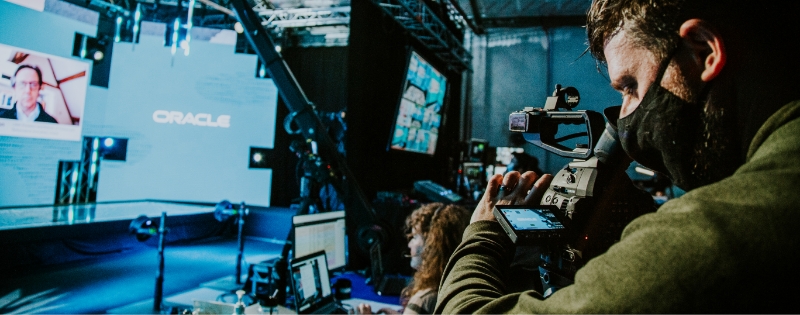When a 30-year-old hotshot hedge fund executive named Jeff Bezos was preparing to launch an online bookstore in 1994, it marked the beginning of a new, almost laughable (at the time, of course) sales target: The internet shopper. It also marked the first time a viable online retailer attempted to take on the seemingly unconquerable brick and mortar empire. Why? To simplify the customer experience. After all, who wouldn’t want to buy the latest John Grisham or Danielle Steel novel from the comfort of their own home?
The company, of course, is Amazon.com and its success, exponential growth, and worldwide industrial impact go without saying. However, not even the brilliant foresight of Mr. Bezos could have predicted the events of March 2020 and beyond.
The Increase of Ecommerce
Nobody knew that the world would essentially shut down and that online shopping would transition from matter of convenience to matter of survival. The steadily increasing ecommerce trend, decades in the making, was suddenly accelerated at a blistering pace – an uptick of nearly 70% since 2020 (DigitalCommerce360) – and the increase in online shopper’s demands were practically neck and neck.
Now, in 2022, most tech savvy consumers are drastically changing their approach to their shopping habits. A recent Meet the Boss Customer Experience Summit addressed this very matter, and the resulting conversations all pointed to hybrid shopping as the future of retail. In fact, a recent Uberall report showed “consumers are much less likely to distinguish between online and offline,” and that “74% of consumers now expect this.” More importantly, they want the experience to be frictionless much like their online shopping journeys.
Frictionless Retail
The transition to frictionless retail was far easier for organizations on their ecommerce platforms: the customer logs in, finds a list of personalized recommendations, purchases what they want, and carry on about their day. For in-store, however, consumers want a seamless, autonomous, online-like experience. While BOPIS (buy online, pickup in store) bridged the online/in-store gap during the pandemic, it doesn’t translate as well to a society ready to shop in person.
Enter the next wave of in-person shopping: Making the in-store experience feel like an online shopping experience. The first step is downsizing massive department stores. Heavy hitters like Macy’s, Kohls, and IKEA are in the process of opening stores that are at least half the size of what we knew before 2020 (Forbes). While this move helps with cost-cutting, it also presents consumers with an experience similar to what they expect online. Armed with just a smartphone and at least an idea of what they want, shoppers will soon be guided by an in-store app that not only directs them where to go based on their previous shopping habits but offers them personalized deals and possible add-ons. They’ll scan QR codes of the products they want, check-out on their phone when they’re done, and have their purchases bagged and ready for them to leave. This all done with no mess, no fuss, and, of course, no friction.
CX Leaders Need to Lead the Change
To make this online-like experience in-store, organizations and their CX leaders will have to fundamentally change how they view and use data and the latest innovations. The promise of 5G, both public and private, along with growth in connected devices, are the cornerstones needed to make this future a reality today. Because the hybrid shopper is here and, in order for organizations to bridge that online/in-store frictionless retail gap, CX leaders will once again have to embrace a phrase coined over a century ago by their CX forefathers: The (hybrid) customer is always right.
—
GDS Summits are tailored 3-day virtual event conferences that bring together business leaders and solution providers to accelerate sales cycles, industry conversations and outcomes. Regarding the CX Innovation Summit 86% of Delegates said the overall experience of Digital Summit they attended was either Above Average or Excellent and 71% of Delegates said the Digital Summit provided them with actionable outcomes to support their current initiatives.
For more, click here to hear from attendees on how GDS has helped them to achieve their business outcomes.
Continue the debate at GDS’ CX Innovation Summits where we bring together senior marketing executives who are actively seeking to share, learn, engage, and find the best solutions.







